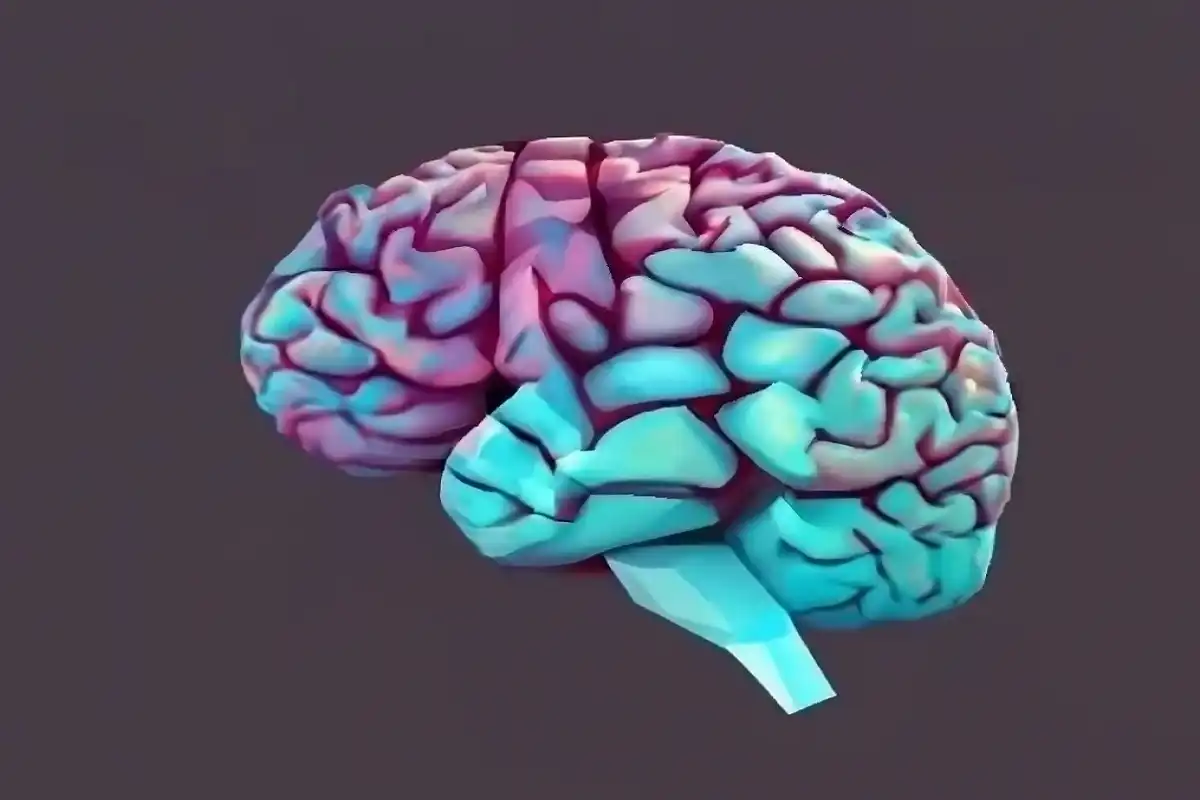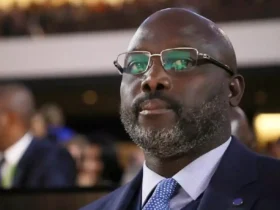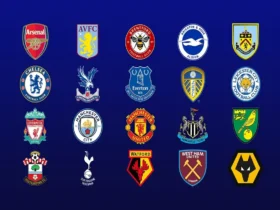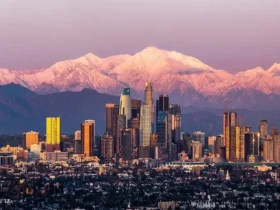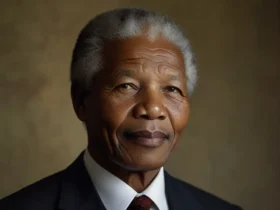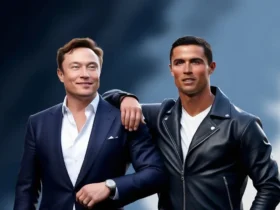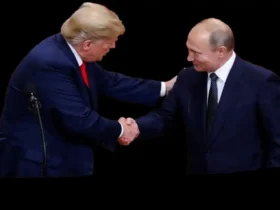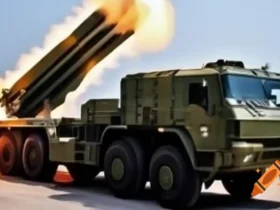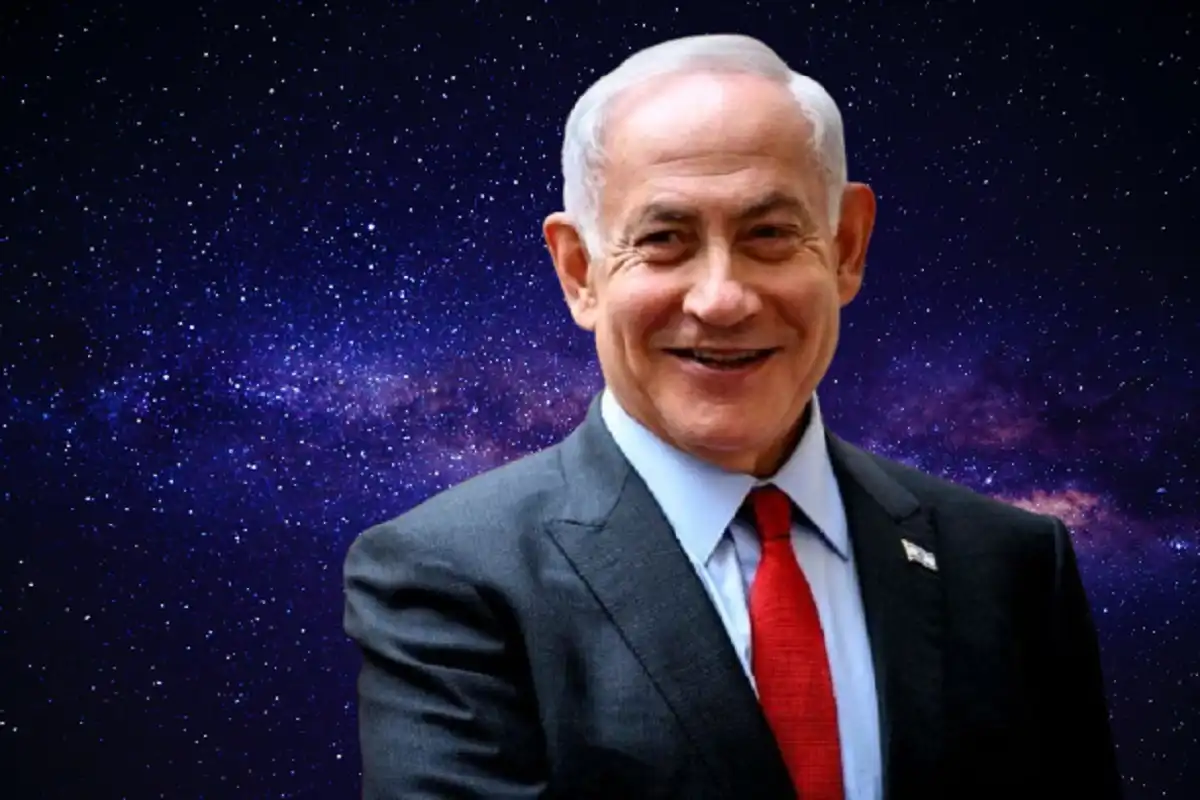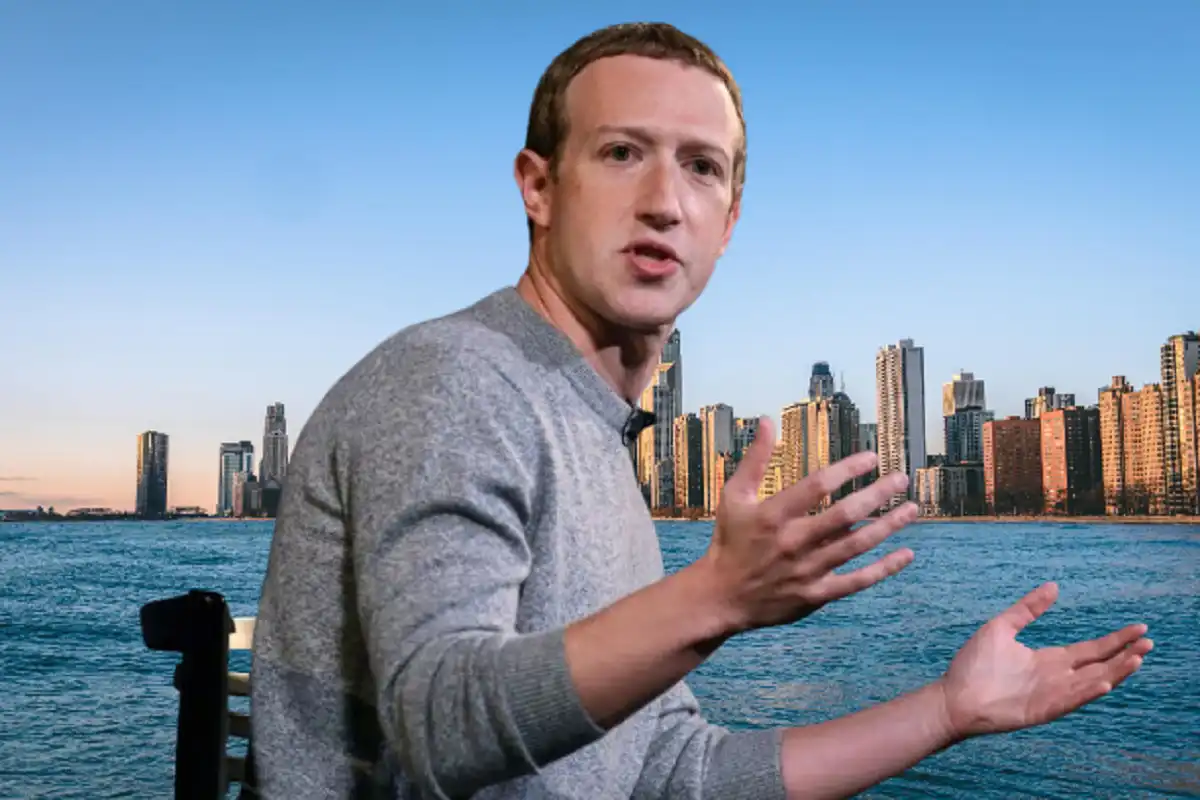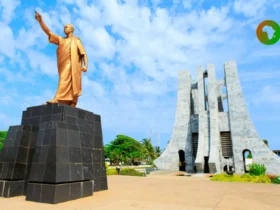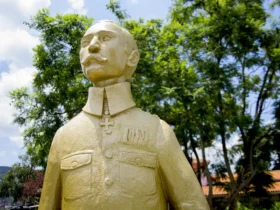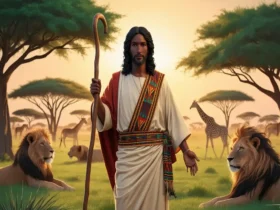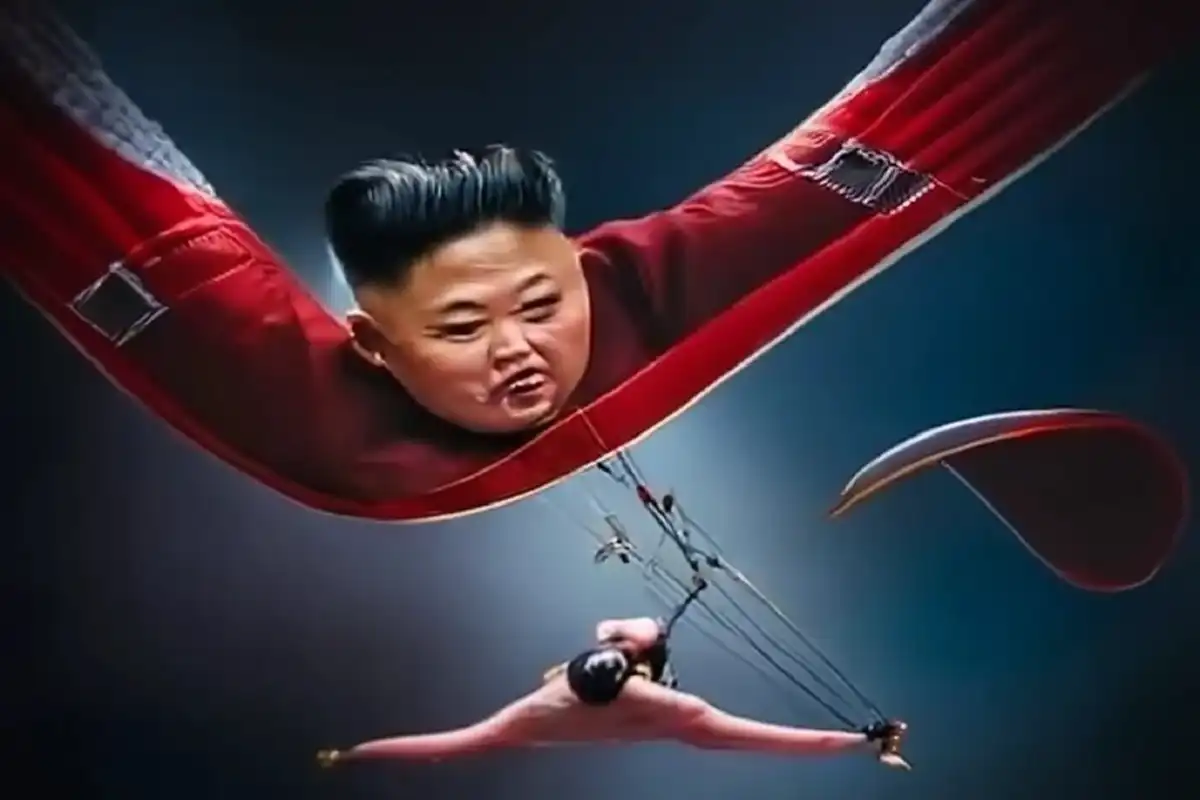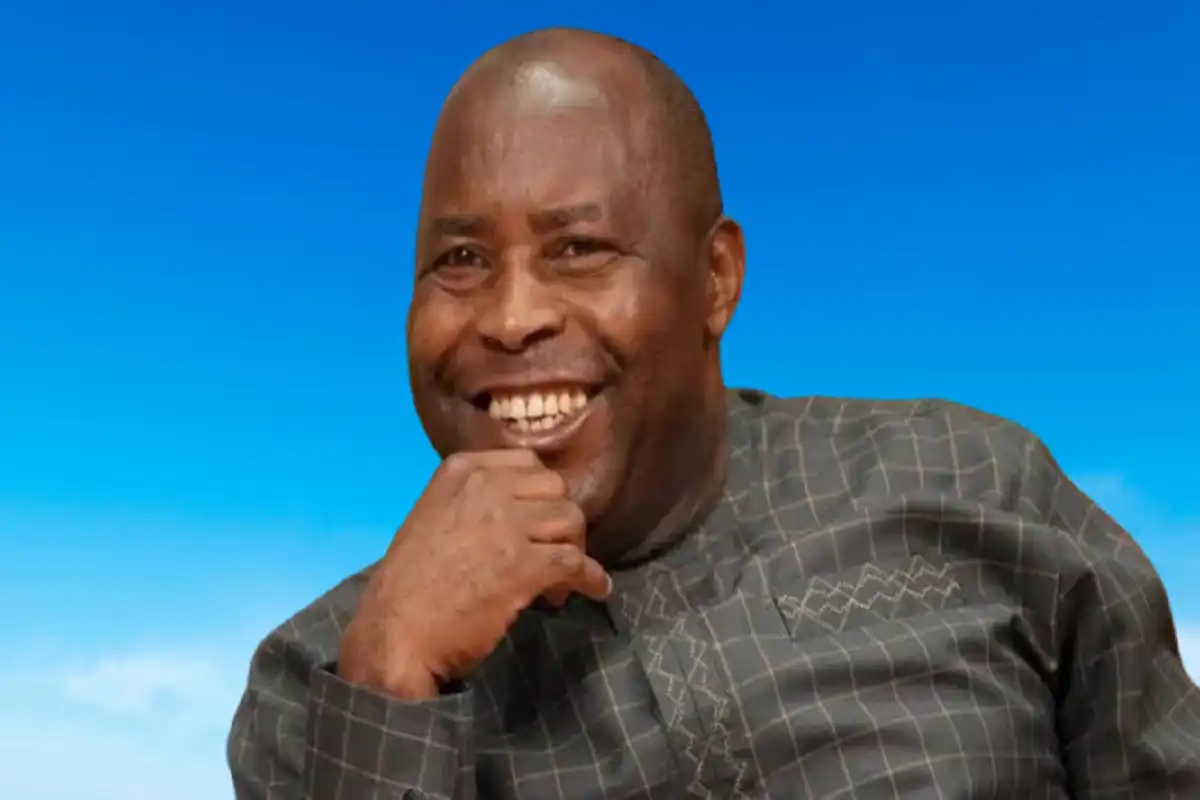Early Life and Education
Kim Jong Un was born on January 8, 1984, reportedly in Pyongyang, North Korea. He is the third son of Kim Jong Il, the former leader, and his consort, Ko Yong-hui. His early life was relatively privileged, being groomed for leadership from a young age. He attended several schools, notably the International School of Berne in Switzerland, where he was known to have lived under a pseudonym. This experience abroad exposed him to Western culture and education, though the extent to which it influenced his worldview remains uncertain.
After his father’s death in 2011, Kim Jong Un was unexpectedly thrust into power. While he was not the eldest son, his father’s grooming and the gap left by the sudden transition made it possible for him to claim the title of Supreme Leader of North Korea.
Rise to Power
Kim Jong Un officially took power in December 2011. His ascension was marked by a rapid consolidation of authority. Initially perceived as a youthful and inexperienced leader, he quickly demonstrated his intent to establish control by purging potential rivals, including his uncle, Jang Song-thaek, who was executed in 2013. These actions, while brutal, showcased Kim’s determination to solidify his regime and eliminate threats.
Despite his authoritarian approach, Kim Jong Un has managed to appeal to certain segments of the population, particularly the military and elite, through a combination of ideological indoctrination and economic initiatives. He has portrayed himself as a champion of the nation’s sovereignty against perceived external threats, particularly from the United States and South Korea.
Leadership Style
Kim Jong Un’s leadership style is characterized by a mix of bravado and caution. He has pursued aggressive military enhancements, including nuclear weapons development, often showcasing missile launches and military parades to project strength. These actions have placed him at odds with the international community, leading to heightened tensions and sanctions.
However, Kim has also shown a willingness to engage diplomatically. Notably, he met with South Korean President Moon Jae-in in 2018, as well as a historic summit with then-U.S. President Donald Trump. These meetings represented a shift in his approach, signaling a potential openness to dialogue and normalization of relations, albeit against a backdrop of ongoing military developments.
Domestic Policies and Economic Challenges
Under Kim’s leadership, North Korea faces significant economic challenges exacerbated by stringent international sanctions. Despite these obstacles, Kim has pushed for economic reforms, emphasizing the need to modernize agriculture and bolster technology. However, the state remains heavily controlled, and the distribution of resources is often uneven, leaving many citizens struggling.
Furthermore, Kim’s regime maintains strict control over information and dissent, employing propaganda to maintain a cult of personality. State media frequently lauds his achievements and portrays him as a benevolent leader, while the population has limited access to outside information.
Global Implications
Kim Jong Un’s rule has profound implications for global politics. His pursuit of nuclear capabilities has raised alarms in neighboring countries and the West, leading to a precarious security situation in the region. North Korea’s defiance of international norms creates a challenging environment for diplomacy, as discussions often lead to deadlock.
The international community remains divided on how to approach North Korea. While some advocate for diplomatic engagement and incentives for denuclearization, others push for continued sanctions and pressure. Kim’s ability to navigate these complex dynamics will shape not only the fate of his regime but also the stability of East Asia and beyond.
Conclusion
Kim Jong Un is a figure who embodies the complexities of North Korea – a leader positioned at the intersection of tradition and modernity, isolation and engagement. His grip on power remains tightly held, but the challenges he faces are numerous and multifaceted. As the world closely watches, the question of leadership legitimacy, economic resilience, and foreign relations continues to unravel in the shadows of the Hermit Kingdom, where the name Kim Jong Un is both a symbol of defiance and a reminder of the intricate web of global politics.








